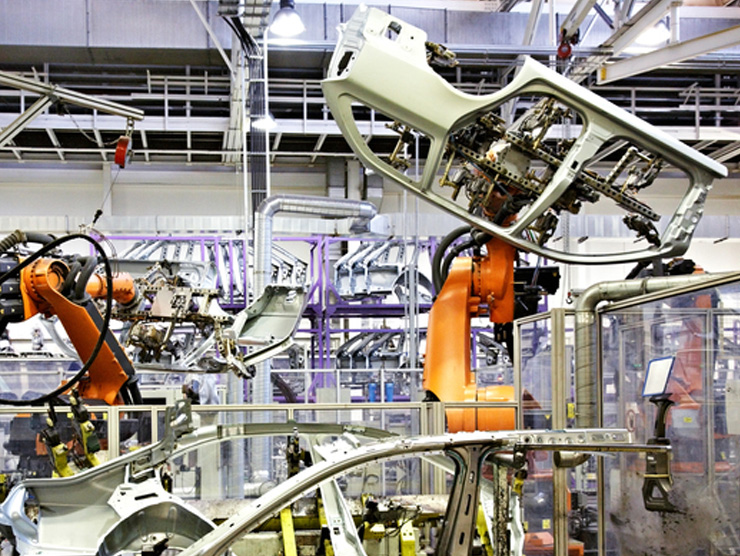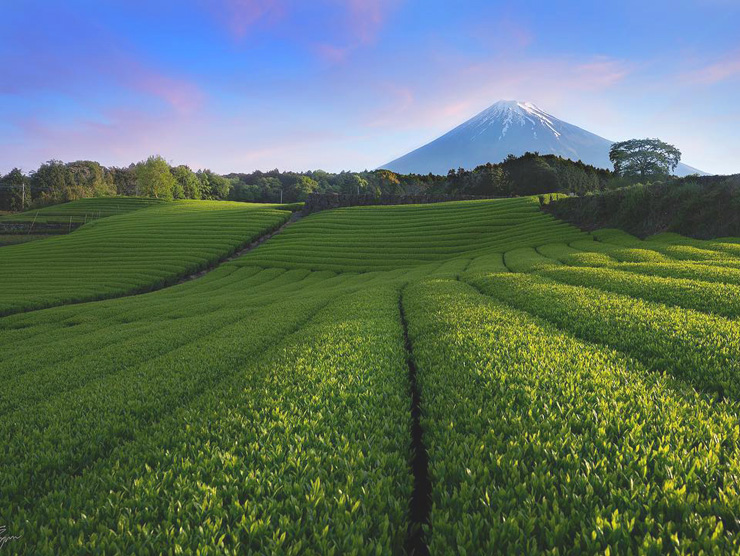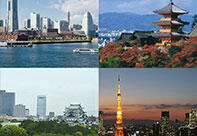Key FactorsMANUFACTURING
CRAFTSMANSHIP IN JAPAN MEANS DEDICATION TO QUALITY.
SOME INDUSTRIES PRESERVE ANCIENT TECHNIQUES;
OTHERS DEVELOP BREAKTHROUGH INNOVATIONS.
Background
The Japanese word monozukuri encompasses more than the literal translation--“making things”--and captures the spirit of dedicated craftsmanship that has formed a vital part of Japanese culture for centuries.
Traditional craft-making techniques have been passed down from generation to generation with great respect and care. For example, the world heritage site of Iwami Ginzan in Shimane produced a third of the world's silver in the early 1600s. The silver was then worked skilfully into high-end swords, bells and silverware. This practice can still be seen today--as can many other Japanese craft traditions.
Recent News
Nowadays, the spirit of monozukuri can be found in the ateliers of traditional artisans and modern factories alike. Japanese electronics, home appliances, heavy industry, and other sectors have a long tradition of expertise and innovation. Japanese automobiles are internationally acclaimed for their performance, reliability and value, pushing the boundaries of hybrid and electric technology.
Japan’s excellent manufacturing technologies can also be seen in the modern and superbly-maintained rail network. Inaugurated in 1964, the high-speed bullet train known as the Shinkansen has more than halved the travelling time between major cities in Japan. Reaching most corners of the country, the bullet train maintains a reputation for punctuality and safety while being one of the busiest train lines in the world. The next step in train innovation is already on the horizon--Maglev technology, expected to be introduced in 2027. The first route will allow people to travel between Tokyo and Nagoya in just 40 minutes, less than half the time it currently takes.
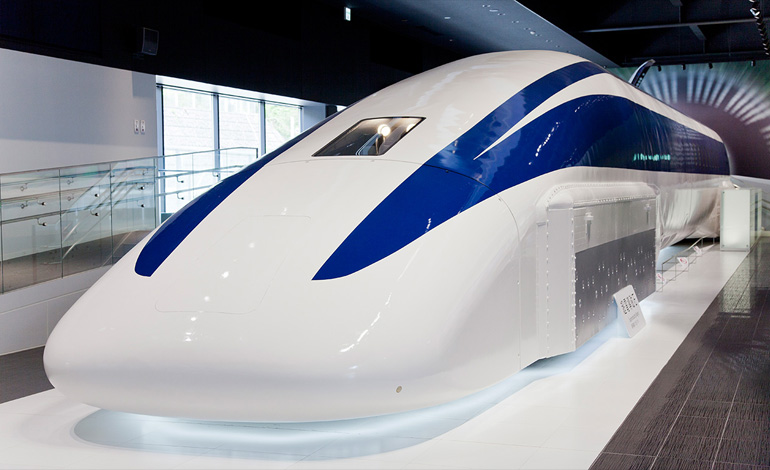
Since 2005, the biannual Monozukuri Nippon Grand Awards have recognized outstanding contributions to culture and industry. Recent winners' achievements include reductions of carbon dioxide emissions in iron production, safer and more environmentally-friendly manufacturing of transport ships, and many similar examples of progress.
Meetings & Events
The abundant and diverse factories of Japan provide opportunities for incentive activities with links to manufacturing and industry. One of the winners of the JAPAN Best Incentive Travel Awards 2017 took an incentive group on a trip that incorporated visits to automobile factories. Focused on the work of skilled artisans, this tour gave participants an in-depth look at Japanese car manufacturing traditions and innovation.
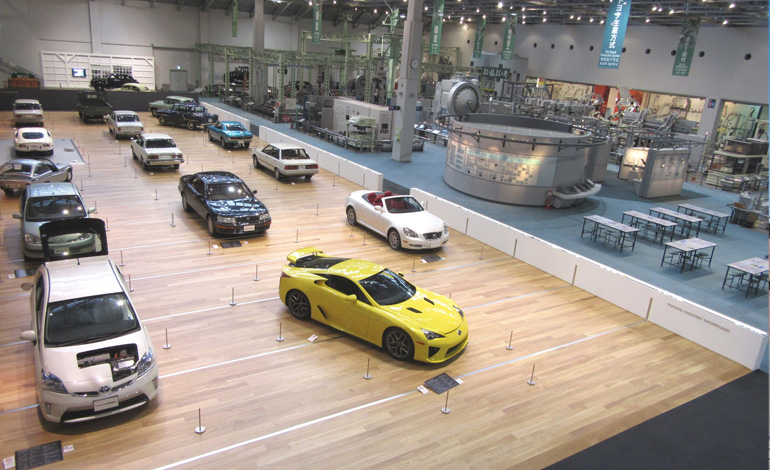
Destinations
It is common practice for Japanese manufacturers to open museums dedicated to the history of their craft and products. For example, the Toyota Kaikan Museum just outside Nagoya offers a glimpse into the heart of Toyota’s manufacturing prowess. This could easily be combined with a visit to the Nagoya City Museum or Nagoya Castle for a combined itinerary showcasing Japanese craftsmanship old and new. The Toyota Commemorative Museum of Industry and Technology in Nagoya also allows its venues to be used for events.
For those in search of one-day industrial tours, the Chiba Convention Bureau runs a program that includes four different venues: a state-of the-art steel works, a detergent factory, a glass plant, and a beer brewery.

